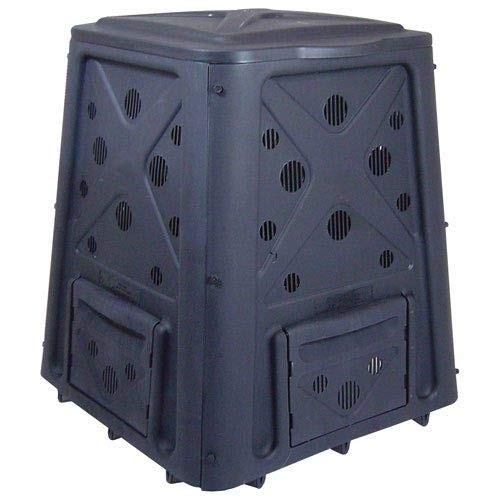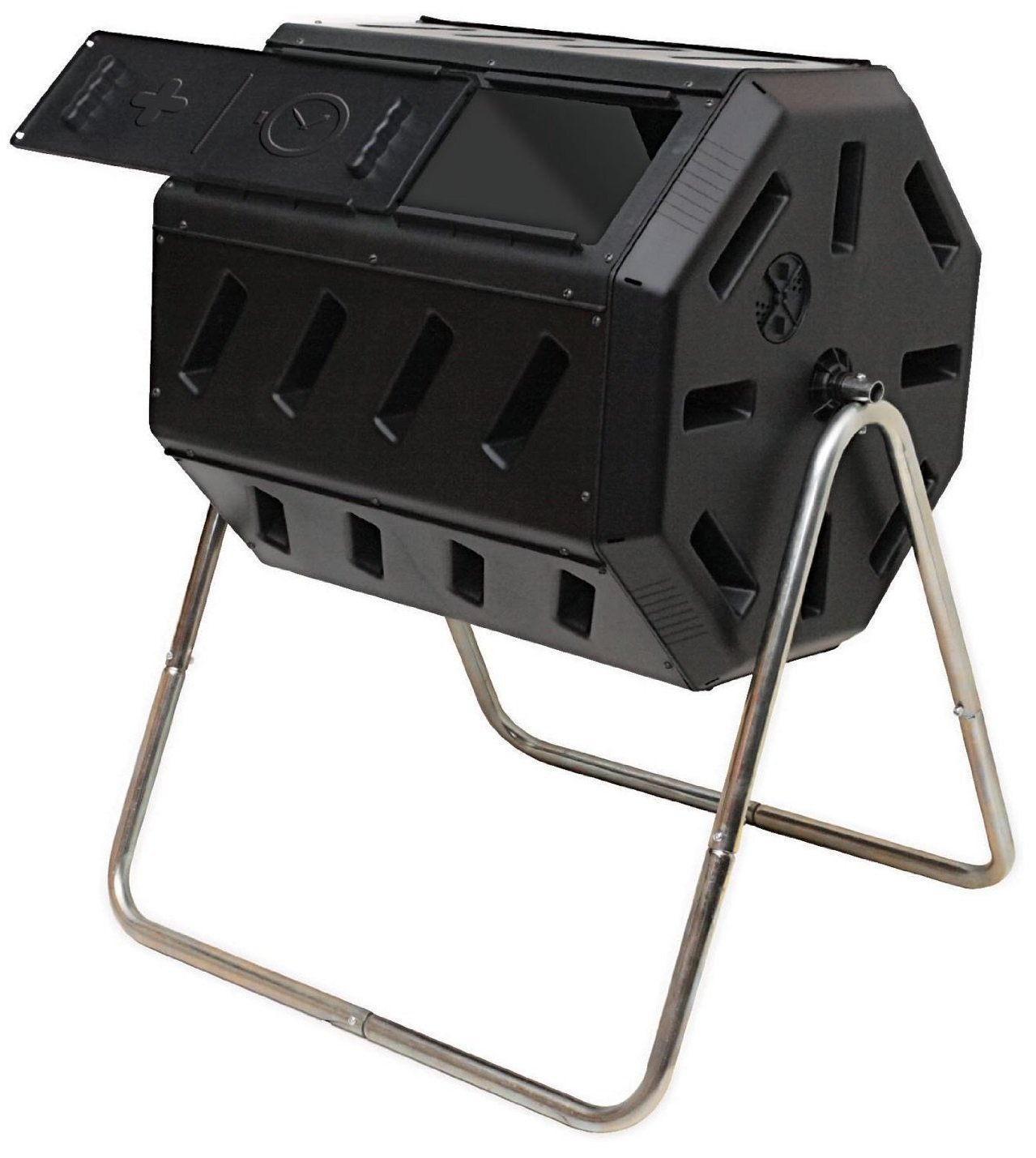Compost is an organic material that is rich in all the lovely stuff. It not only encourages plants to grow but helps with erosion and soil depletion. Basically, mulching is the process of turning stuff normally thrown away into an asset.
What could be better than that?
Those eggshells and butt-ends of tomatoes and zucchinis are the fuels that drive a well-maintained mulch pile. It is, however, a task that is more complicated to simply tossing left-overs onto a compost heap and hoping for the best.
A good plan and proper maintenance of a mulch pile can provide some of the richest and healthiest compost for a garden. Often, this quality of compost cannot be purchased at local gardening stores.
Here are a few tips:
Create a Compost Zone
Of course, as with so many gardening activities, mulching has become commercialized. It is entirely possible to spend hundreds and hundreds of dollars to buy a ready-made “ultimate” composter.
On the other hand, it is possible to just dump the material to be composted behind the garage, wait a few years, and hope for the best. There is a middle ground.
Anyone willing to put in the time, trouble and a bit of money can control how the compost created and when it will be ready to use.
Basically, a compost “heap” needs a confined space to be effective. There are ready-made compost containers available from the local yard/home improvement store, but most of them are made of recycled plastic.

The Redmon Green Culture 65-Gallon Compost Bin is a great Choice
This provides a practical use for plastic, but many composters can build their own unit. Whether purchased or home-built, the basic elements needed are:
- A cover to protect the mulch from the rain, snow and, to some degree, the frost;
- Enough air space to feed the active agents (more on that later);
- Space at the bottom where the “product” can be shoveled out as the compost is created and settles lower.
Those are the basic design parameters of a dedicated compost “heap.” It seems strange, on the face of it, that a natural process should require engineering skills, but it’s the most efficient approach.

What Can you Compost?
Inside the kitchens of many composting households, there is often a designated place where leftovers are stored. This is usually a ceramic or stoneware jar with a lid.
The criteria for what is placed in this container is extremely important to keep the compost heap happy.
Do Add:
- Leftover uncooked veggies, such as stems of green beans, the butt-ends of cucumbers, tomatoes and zucchinis;
- Eggshells;
- Coffee grounds (after they have cooled down);
- Leaves (particularly raked leaves in the fall) and lawn clippings, very small twigs.
Don’t Add:
- Any veggies that have been cooked in oil;
- Meats and eggs, either raw or cooked. The oils and meats will not only not add to the compost, but they will turn rancid and/or attract such scavengers as raccoons and feral cats;
- Contents of cat boxes or dog droppings;
- Weeds (their seeds will survive the mulching process and, once the compost is ready to spread on a garden or yard, the mulch will simply spread them through the garden)
Wet or Dry?
Make sure that the composter is not too wet or too dry. If only kitchen wastes are used, then the compost will be very wet since it’s the nature of the ingredients.
On the other hand, if only leaves, small branches, and yard clippings are used, then the mix will be too dry. This means that the active agents (see below) cannot break them down in a reasonable period of time.
If more yard waste than kitchen throw-away materials are used, adding a bucket or two of water into the compost heap can help keep things going along.

The FCMP Tumbling Composter is another popular choice
Worms or Microbes?
There are two schools of thought about a way to biologically break down materials to create compost: worms or microbes.
On the one hand, worms are very efficient and even self-sustaining (although often not always in gardening zones that include months of sub-zero weather).
Plus, they’re also very cheap and easily acquired from a live fishing bait department in an outdoor sporting goods store. Just scatter them on the top of the pile, and they’ll dig their way down and get to work.
On the other hand, if you live in a warmer climate, there are microbes that are not only equally efficient, but faster at breaking down the organic material in a compost heap.
There are even commercial operations in the southern United States that have great piles of, well, solid sewage waste that is being munched by microbes.
The best choice, as is often the case, to reach out to the local County Agricultural Agent. Just check the telephone book or look them up online; they will be more than happy to guide you on your quest to provide a sustainable garden.
Mulch is not magic pixie dust or ground-up unicorn horns. Creating and maintaining a mulching operation does, however, have advantages.
Rich, clean new soil can help make any garden (flower or vegetable) more productive. With some effort, it is possible to create a garden for which any grower can be proud.
